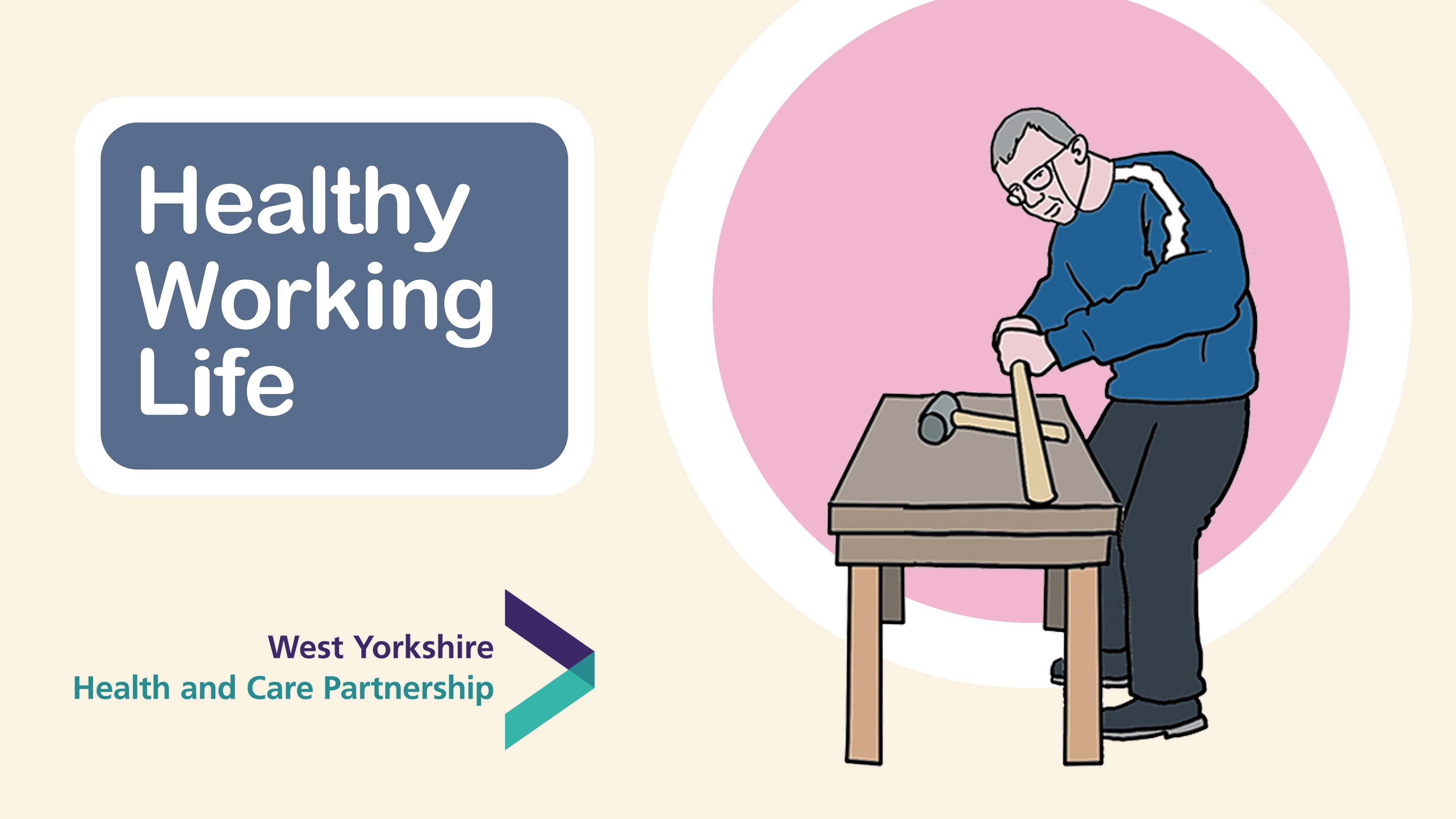 18 November 2025
18 November 2025
This activity is part of Healthy Working Life, a joint programme of the West Yorkshire Combined Authority and NHS West Yorkshire Integrated Care Board.
Overview
Palpitations and postural orthostatic tachycardia syndrome (PoTS) can have a huge impact on daily life, especially for young women. These conditions affect how the body regulates heart rate and blood pressure, often causing dizziness, racing heartbeat and fainting spells. They often begin in adolescence or early adulthood - years that shape education, career and independence.
To help people stay well and stay in work, we developed the Standing Strong programme in the Wakefield District. Based at Health Care First, Pinfold Branch in Methley, it brings together GPs, nurses, physiotherapists, psychotherapists and vocational coaches to give joined-up support to people living with palpitations and PoTS.
“Standing Strong recognises that being well enough to work, study or care for others is a vital health outcome,” says Dr Murad Khan, Deputy Clinical Director Cardiology, Westcliffe Health Innovations Partner and Research Lead GP Health Care First. “It’s not just about managing symptoms - it’s about helping people live full, independent lives again.”
One GP added:“As a GP, having a clear referral route and joint support around PoTS and palpitations has been invaluable. It is improving outcomes and and reducing repeated presentations.”
What the service does
Standing Strong provides integrated diagnosis, rehabilitation, psychological support and vocational guidance. The team focuses on the  whole person - not just their symptoms -helping them rebuild confidence and return to work or education when they’re ready.
whole person - not just their symptoms -helping them rebuild confidence and return to work or education when they’re ready.
“We see work as part of recovery,” explains Dr Murad Khan. “Having a job, or being supported to get back to one, gives people purpose, stability and routine. It helps them feel like themselves again.”
One participant shared:
“It has made it possible for me to keep my job. I have strategies now and I do not feel like I am battling this alone.”
The difference made
The Standing Strong approach has led to earlier recognition, clearer diagnosis and better self-management for patients. People are reporting:
- better control of symptoms
- fewer urgent care visits
- more confidence to return to education, work and everyday life
This joined-up support is helping people stay connected to their jobs, families and communities - while also reducing unnecessary pressure on hospitals.
Service activity and outcomes
Between July and mid-November 2025
- 157 referrals received across palpitations and PoTS pathways
- 27 active stand tests completed
- 27 patients reviewed in the PoTS clinic
- nine diagnosed with PoTS
- 12 diagnosed with reflex syncope
- 55 patients offered a Zenicor device for rhythm monitoring
- eight diagnosed with atrial fibrillation and offered stroke prevention management
One participant reflected:
“Before this service, I felt dismissed and overwhelmed. Now I finally understand what is happening to my body and how to manage it.”
Why it matters
“Standing Strong shows what’s possible when we bring physical, psychological and vocational support together in one place,” says Dr Murad Khan. “When we treat work as part of health, not separate from it, we give people the best chance to stay independent and thrive.”
The model aligns with the Women’s Health Strategy and the NHS Long Term Plan, showing how coordinated care can reduce inequalities and support people to remain in work.
This compassionate, practical approach helps more people in our communities regain health, independence and purpose.
What's next?
The next phase will focus on strengthening links between physiotherapy, psychological support and vocational guidance - making sure even more people can access a stable, joined-up pathway to recovery and work.
“We want to make this the norm, not the exception,” adds Dr Murad Khan. “Health and employment go hand in hand - and Standing Strong proves that when you invest in both, everyone benefits.”
Get involved
There will be opportunities to take part through shared learning sessions, pathway walkthroughs and discussions about adapting locally.
There’s real potential to expand this model to other primary care networks or community settings - especially for young, working-age adults who need help staying healthy and connected to work.
To learn more, visit the Healthy Working Life website pages.
This project is part of Healthy Working Life - reducing the number of people in West Yorkshire who may become unable to work because of ill health. Find out more on our Healthy Working Life website pages.
You can also read the helping Wakefield’s workforce stand strong: integrated support for palpitations and postural tachycardia syndrome case study as a PDF document.

